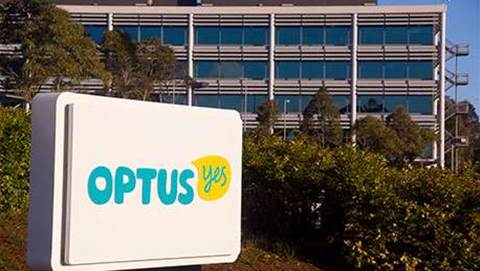Silicon Valley tech companies' coordinated effort to drive down wages by agreeing not to recruit one anothers' staff appears to have extended beyond the US to affect more than a million workers, new documents reveal.
According to court documents tendered in a compensation case and seen by Pando Daily, the cartel involved many more companies than initially thought, including global advertising and public relations giants WPP and Ogilvy, as well as Virgin Media in the UK.
Google appears to have formalised the cartel in November 2006, issuing a confidential memo called "Special Agreement Hiring Policy" that stopped its recruiters from approaching employees of companies such as Intel, Apple, Paypal, Genentech and Comcast.
However, according to an email sent by former Apple chief executive Steve Jobs to Google founder Sergey Brin, the wage-fixing agreement started the year before.
Jobs wrote to Brin in February 2005, telling the latter "if you hire a single one of these people, that means war."
Some days later, the two companies had agreed not approach each others' staff.
Other tech companies joined the cartel, seemingly with the knowledge of the organisations' chief executives.
Google's Eric Schmidt reportedly sacked a recruiter for upsetting then chief executive of eBay, Meg Whitman, and expressed concern that the web services giant was "the talk of the valley because we are driving up salaries across the board."
Schmidt later requested a draft list of companies that shouldn't be approached by recruiters to be drawn up, and asked for it to be shared with the organisations verbally since he didn't wish to "create a paper trail over which we can be sued later," documents suggest.
The current court case sprang from legal action in 2011 by five software engineers who sued several large tech companies over their anti-poaching recruitment practices, which the firms were ordered to cease in a settlement with the United States Department of Justice, following an investigation in 2010.
It now involves around 60,000 employees and a claim of damages that could exceed US$9 billion (A$9.9 billion).


_(20).jpg&h=140&w=231&c=1&s=0)
.png&h=140&w=231&c=1&s=0)







 iTnews Executive Retreat - Security Leaders Edition
iTnews Executive Retreat - Security Leaders Edition
 iTnews Benchmark Awards 2026
iTnews Benchmark Awards 2026
 iTnews Cloud Covered Breakfast Summit
iTnews Cloud Covered Breakfast Summit












_(1).jpg&h=140&w=231&c=1&s=0)



